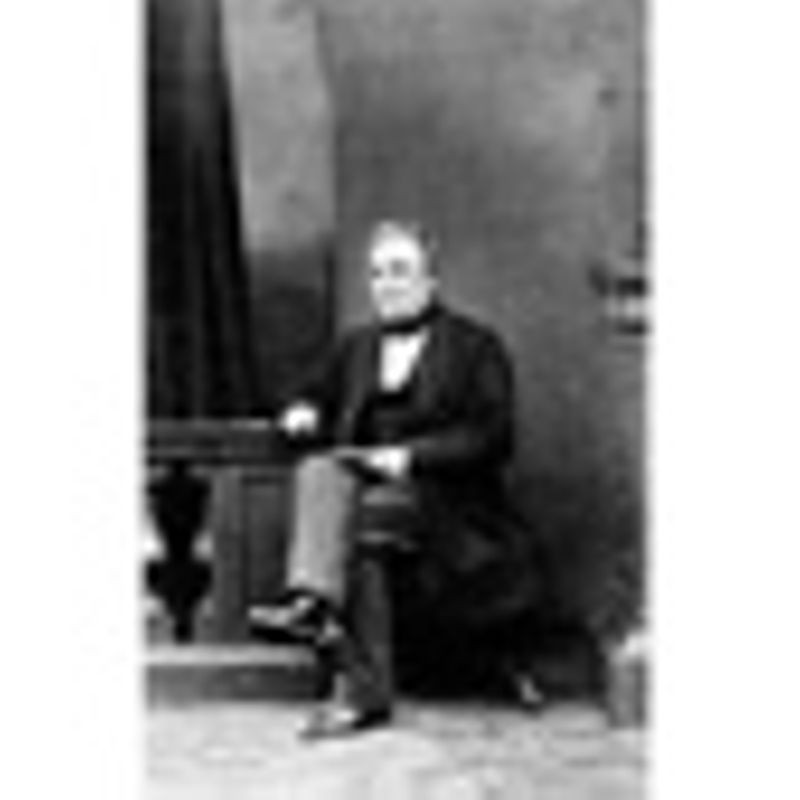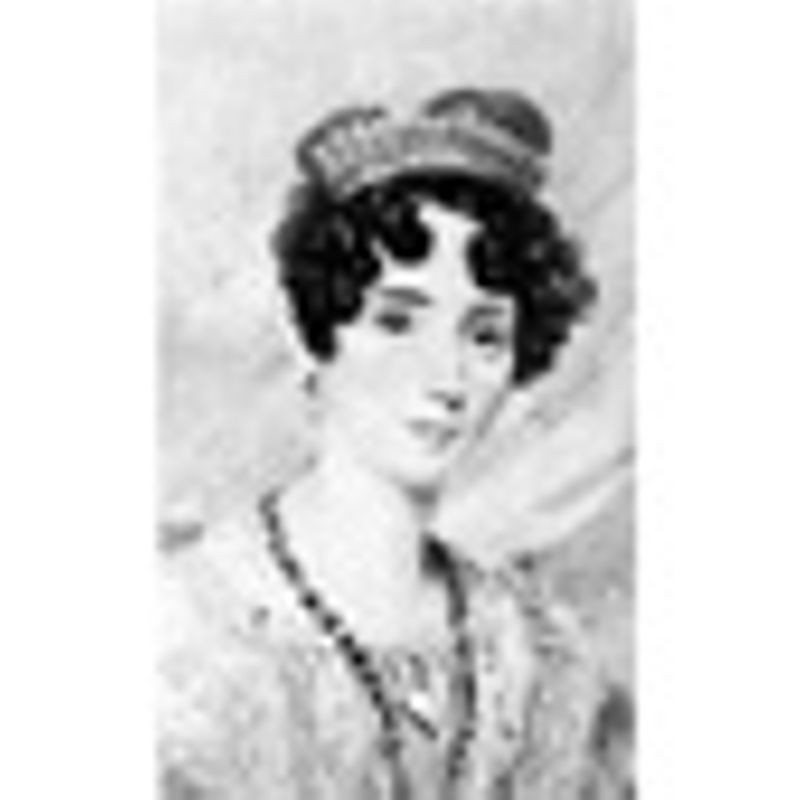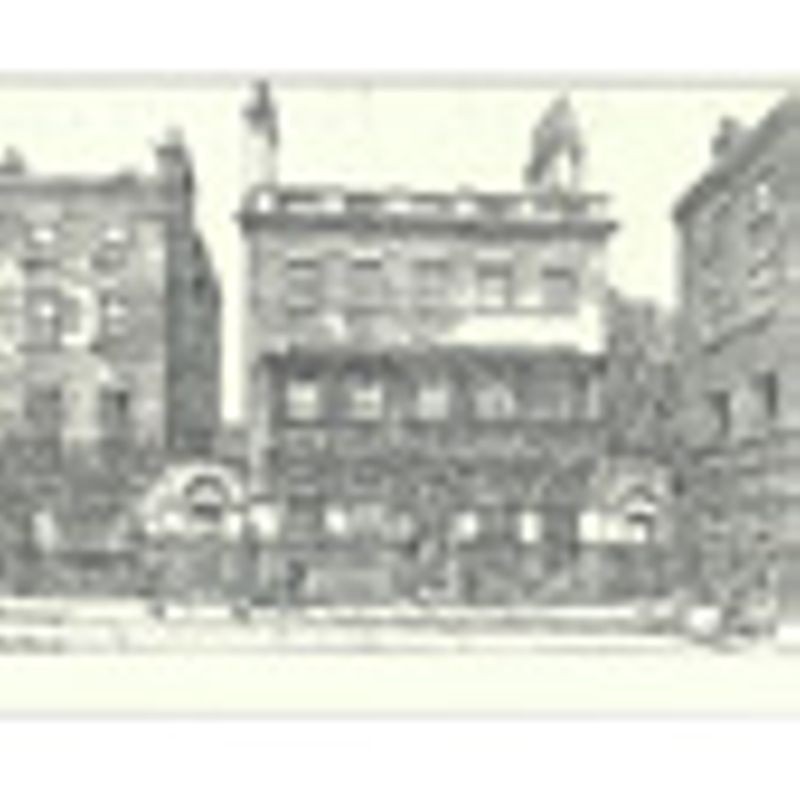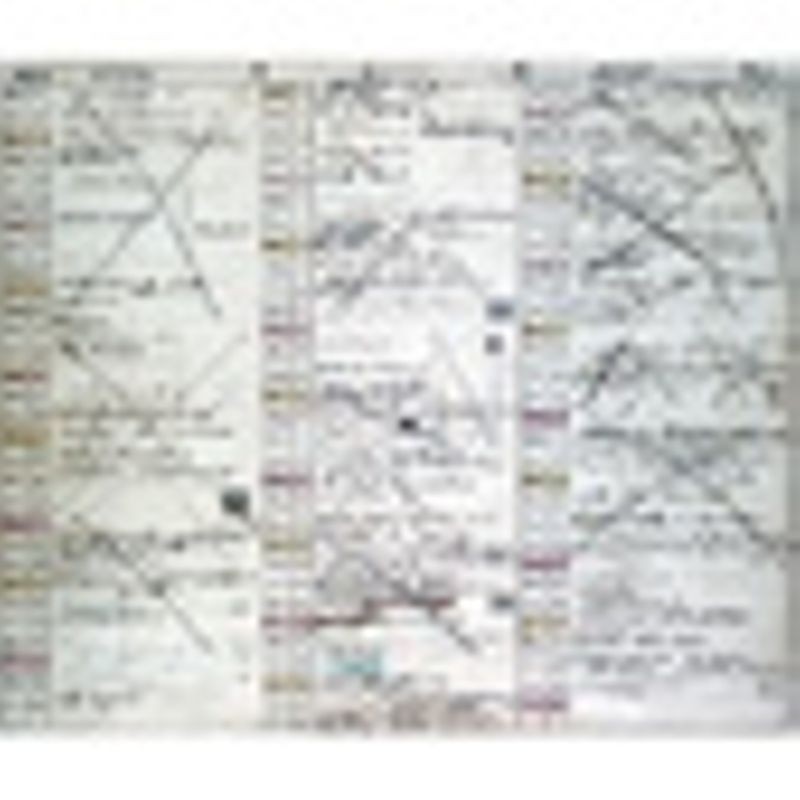Charles Babbage




Another age must be the judge. 1837
Vital Statistics
Charles Babbage (1791-1871) was born in Walworth, Surrey, on December 26, 1791. He was one of four children born to the banker Benjamin Babbage and Elizabeth Teape. He attended Trinity, Cambridge, in 1810 to study mathematics, graduated without honors from Peterhouse in 1814 and received an MA in 1817. In 1814 he married Georgiana Whitmore with whom he had eight children, only three of whom lived to adulthood. The couple made their home in London off Portland Place in 1815. His wife, father, and two of his children died in 1827. In 1828 Babbage moved to 1 Dorset Street, Marylebone, which remained his home till his death in 1871. He was elected a fellow of the Royal Society in 1816 and occupied the Lucasian chair of mathematics at Cambridge University from 1828 to 1839. He died on October 18, 1871 and was buried at Kensal Green cemetery in London.
Gentleman of Science
Science was not an established profession, and Babbage, like many of his contemporaries, was a 'gentleman scientist' - an independently wealthy amateur well able to support his interests from his own means. The scope of Babbage's interests was polymathically wide even by the generous standards of the day. Between 1813 and 1868 he published six full-length works and nearly ninety papers. He was a prolific inventor, mathematician, scientist, reforming critic of the scientific establishment and political economist. He pioneered lighthouse signalling, invented the ophthalmoscope, proposed 'black box' recorders for monitoring the conditions preceding railway catastrophes, advocated decimal currency, proposed the use of tidal power once coal reserves were exhausted, designed a cow-catcher for the front end of railway locomotives, failsafe quick release couplings for railway carriages, multi-colored theatre lighting, an altimeter, a seismic detector, a tugboat for winching vessels upstream, a 'hydrofoil' and an arcade game for members of the public to challenge in a game of tic-tac-toe. His interests included lock picking, ciphers, chess, submarine propulsion, armaments, and diving bells. Babbage was a prominent figure, regarded as colorfully controversial and even eccentric at home in England, yet feted with honors by Continental academies. He ached for recognition and was aggrieved at its lack grumbling that the Lucasian chair of mathematics at Cambridge, was the only honor bestowed on him by his country.
Personal Life
Babbage married Georgiana Whitmore in 1814, against his father's wishes. The marriage was a very happy one. Tragedy struck in 1827. In the space of a year his father with whom he had had a troubled relationship, his second son (Charles), Georgiana and a newborn son all died. Babbage was inconsolable. Close to breakdown he went on an extended trip on the Continent. There was a further cruel blow. His daughter, Georgiana, on whom he doted, died while still in her teens sometime around 1834. Babbage immersed himself in work. On his father's death he inherited an estate valued at £100,000, a sizeable fortune - somewhere between $6 and $30 million dollars in today's terms. He never remarried.
In the 1830s Babbage was a lion of the London social scene. His Saturday soirees were sparkling events in the London social calendar, and his house in Dorset Street was a hub of social and intellectual life. Celebrities, civil dignitaries, authors, actors, scientists, bishops, bankers, politicians, industrialists and socialites converged for gossip, intrigue, and the latest in science, literature, philosophy and art. 'All were eager to go to his glorious soirees' wrote Harriet Martineau, writer and philosopher. Babbage was also a sought-after dinner guest with a reputation for being a captivating raconteur. 'Mr. Babbage is coming to dinner' was a coup for any hostess.
The 'Irascible Genius'
Diplomacy was not Babbage's forte and his social and professional personas were at war. Proud and principled, he was capable of incontinent savagery in his public attacks on the scientific establishment, often beyond ordinary sensibility. He offended many whose support he needed behaving sometimes as though being right entitled him to be rude. The title of the first biography on his life was called 'Irascible Genius: A Life of Charles Babbage, Inventor'. The twin characteristics of irascibility and genius remain the defining signatures of his historical portrait.
Epilogue
In a prophetic passage written towards the end of his life Babbage affirmed his conviction in the value of his work.
If unwarned by my example, any man shall undertake and shall succeed in really constructing an engine ... upon different principles or by simpler mechanical means, I have no fear of leaving my reputation in his charge, for he alone will be fully able to appreciate the nature of my efforts and the value of their results.


